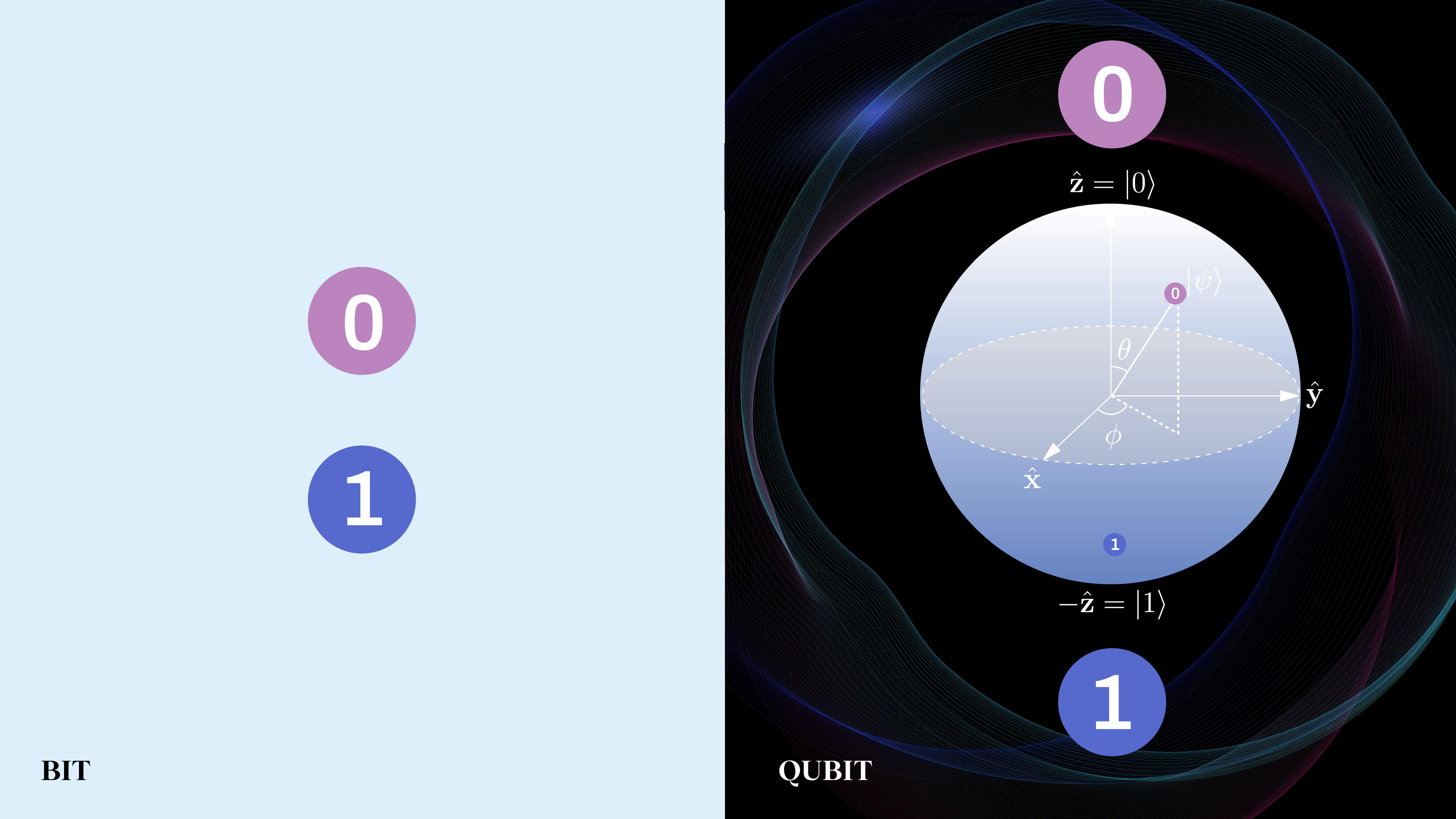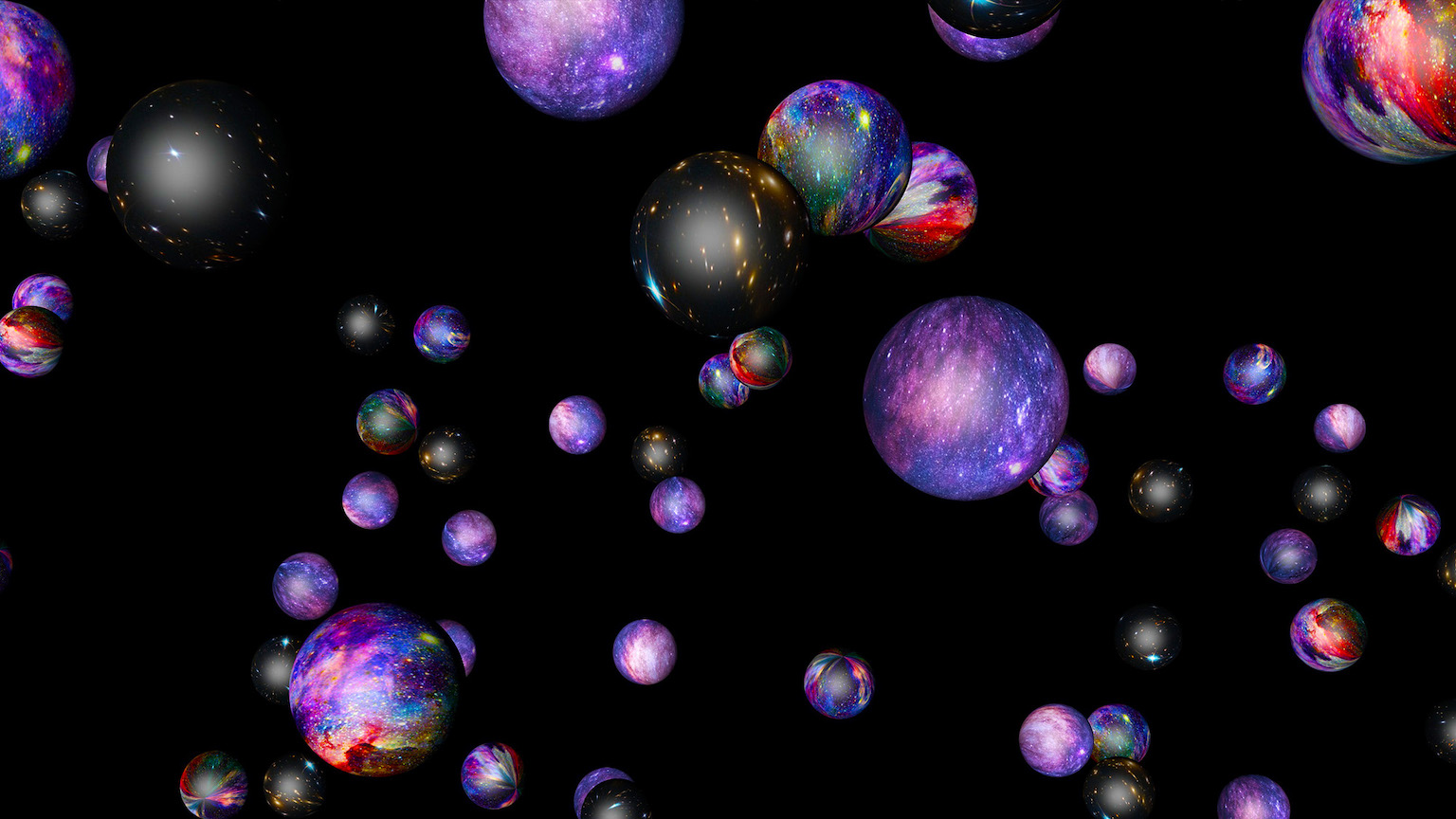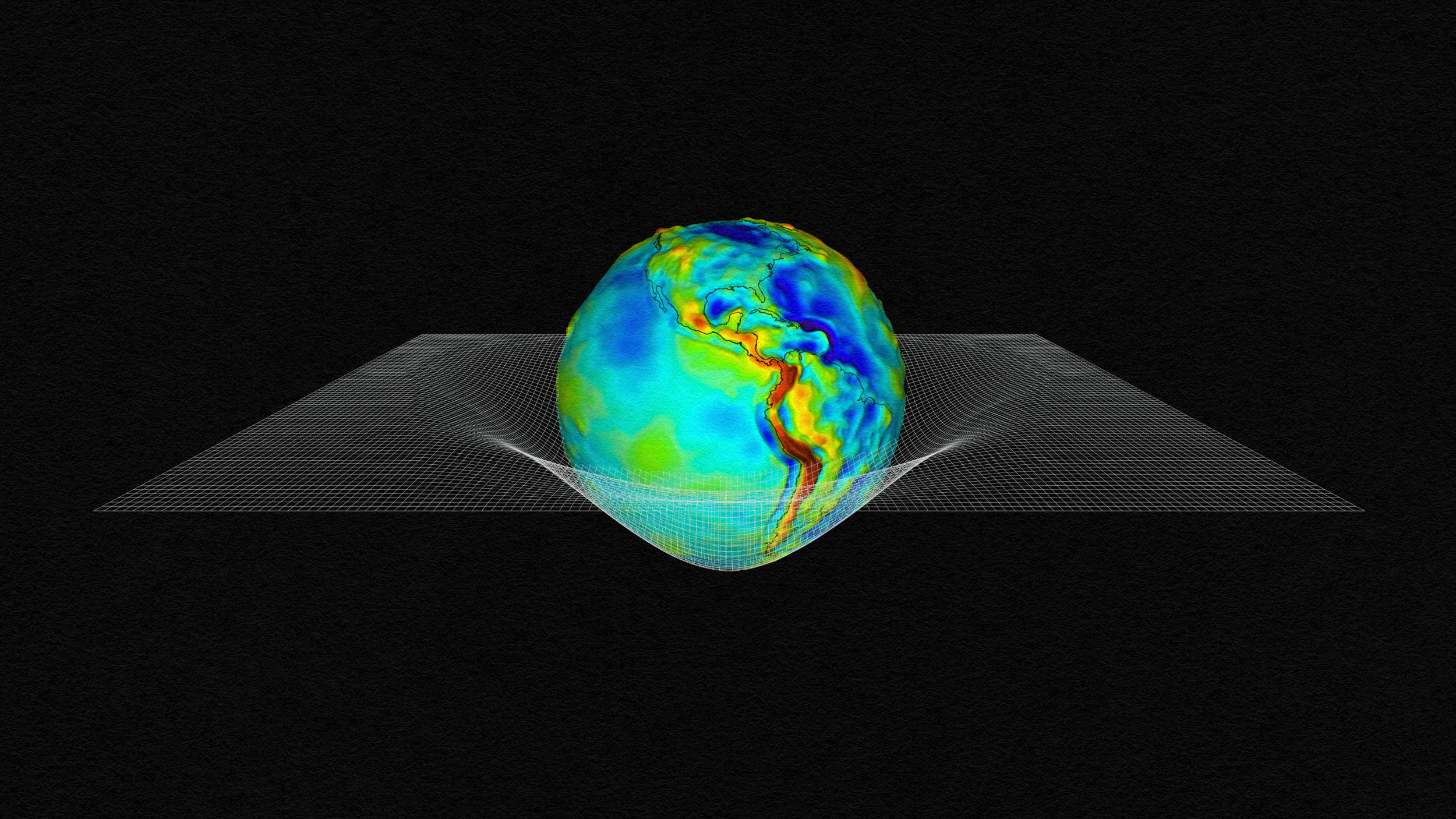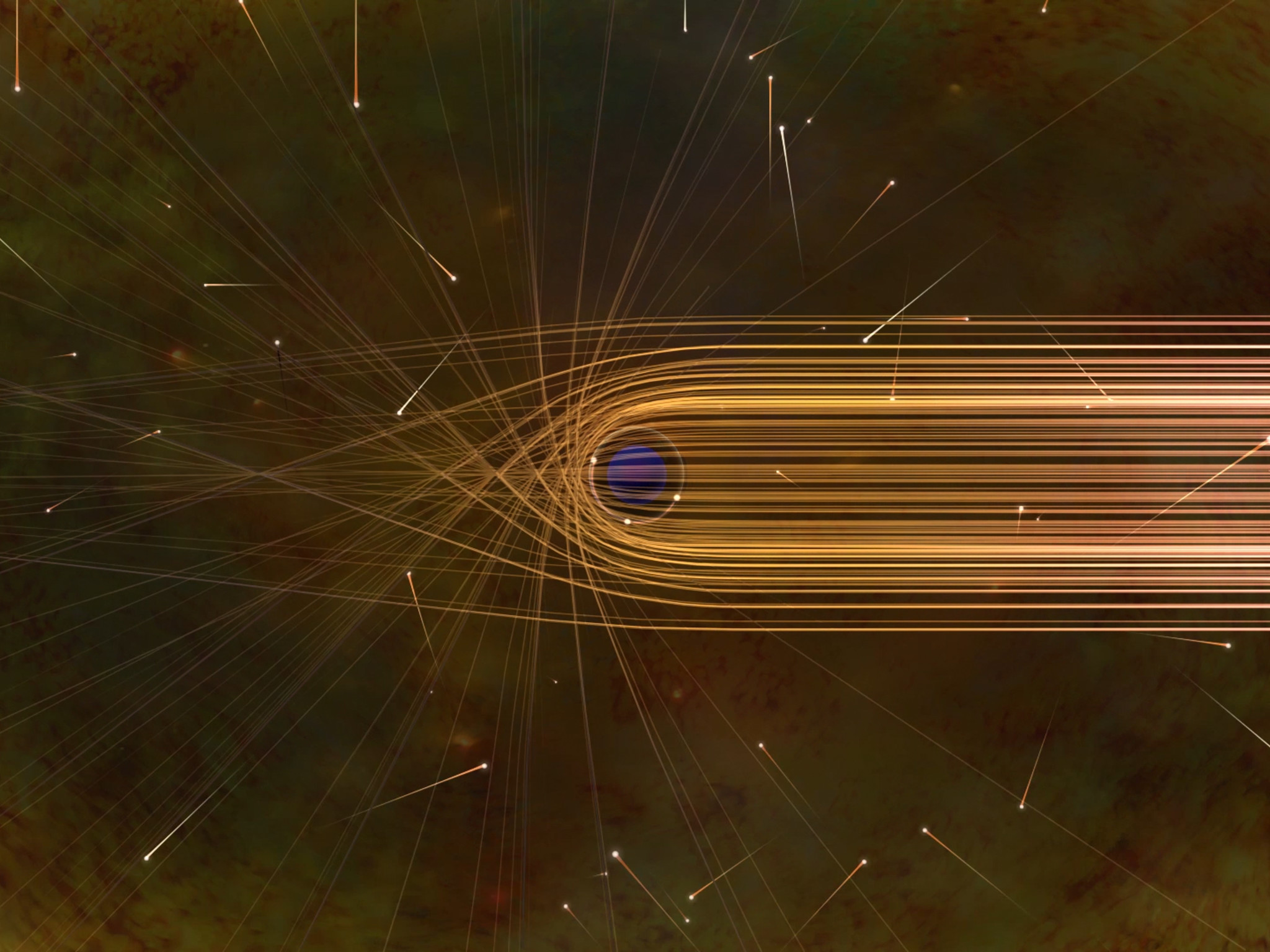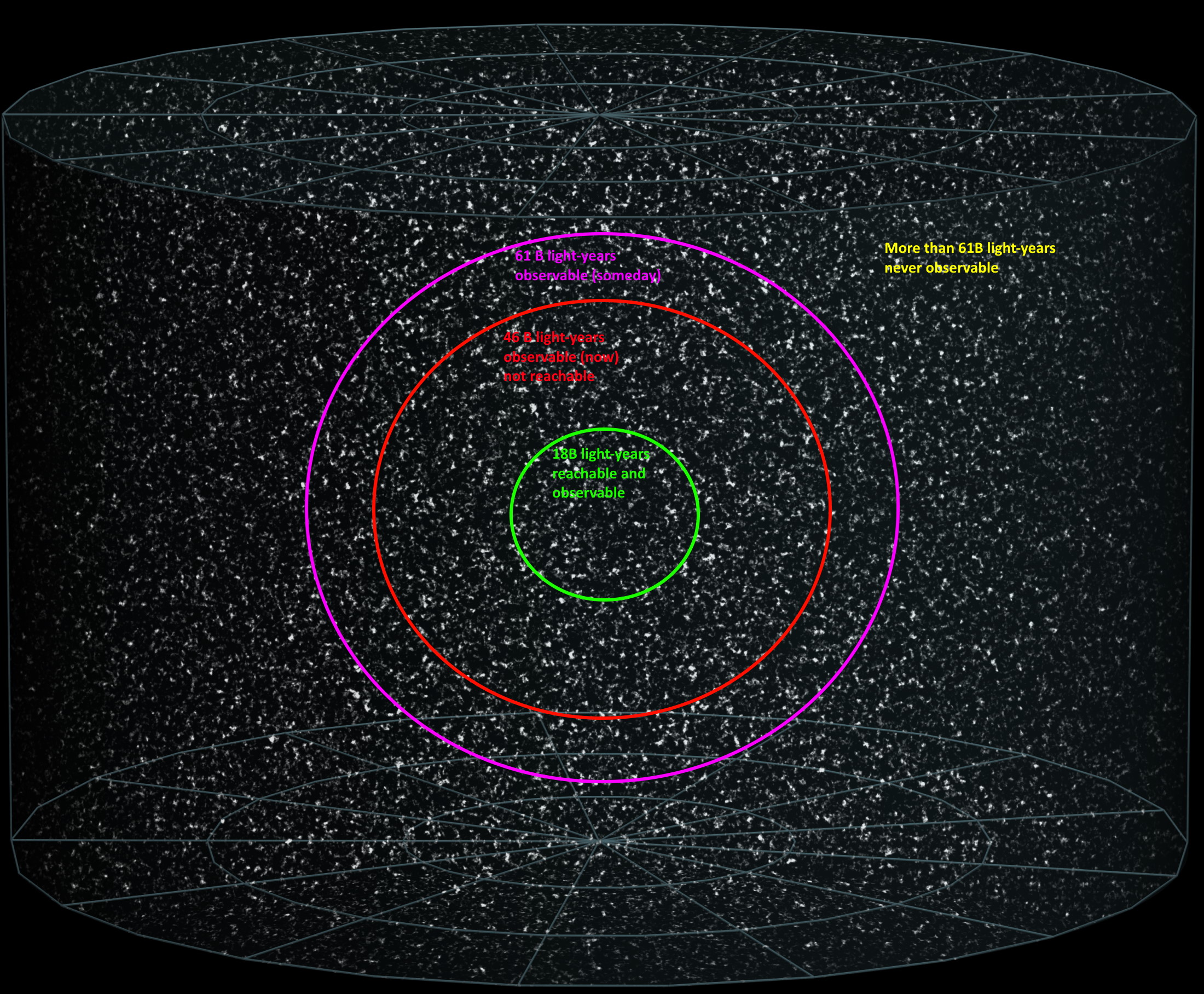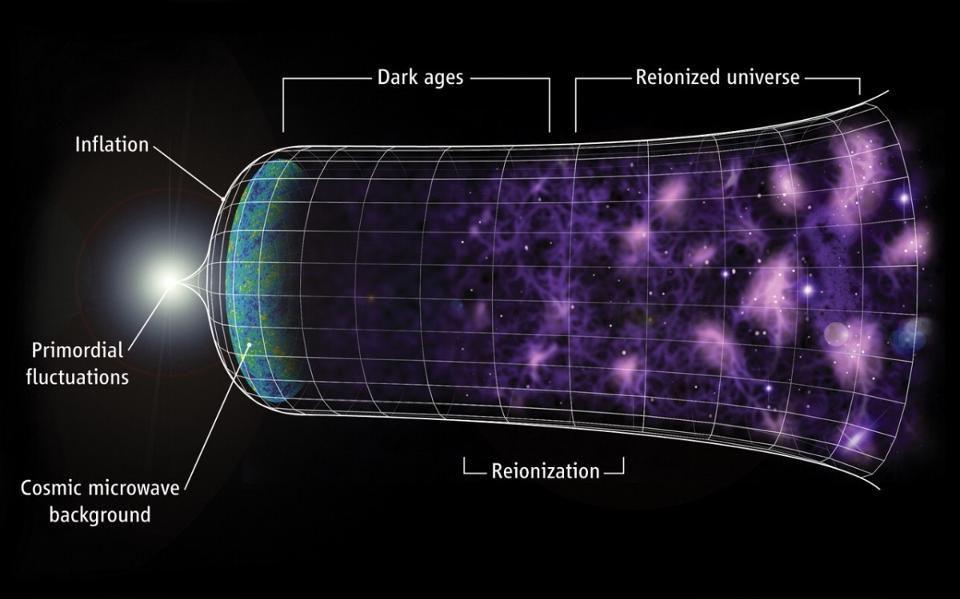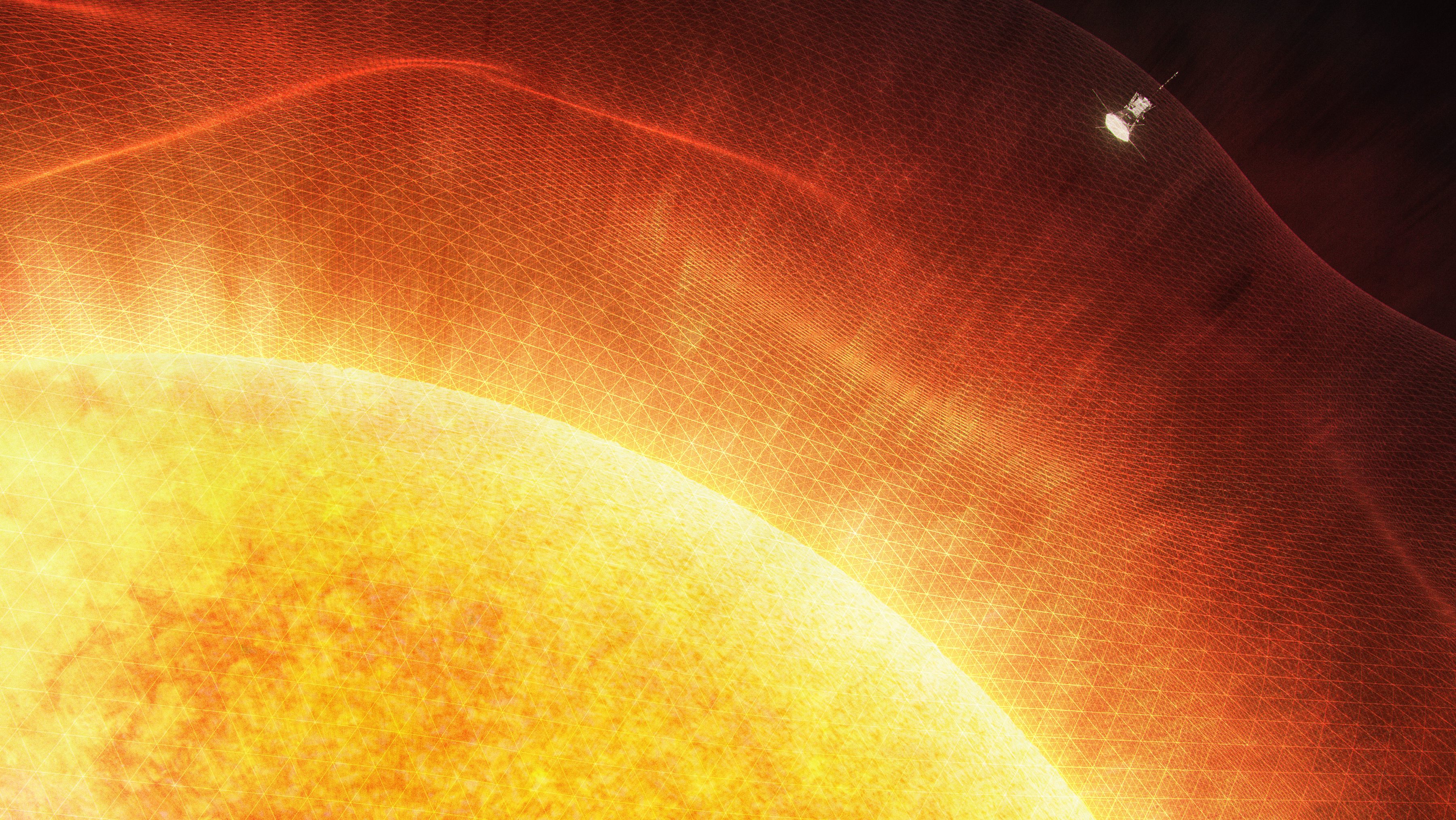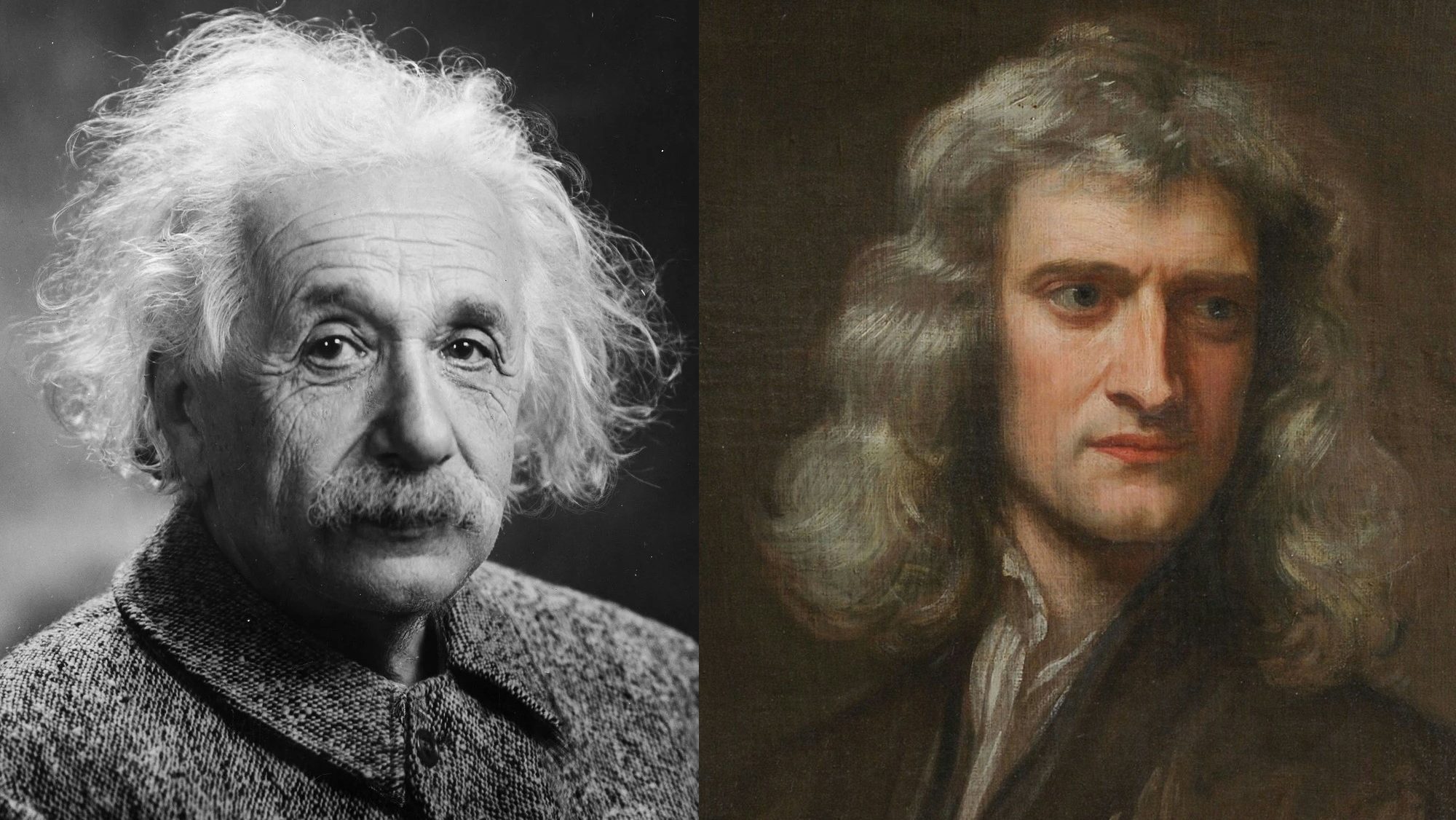A clock, designed and built in Europe, ran hopelessly at the wrong rate when brought to America. The physics of gravity explains why.
Search Results
You searched for: Physical Constants
Can quantum computers do things that standard, classical computers can’t? No. But if they can calculate faster, that’s quantum supremacy.
End of life patients face mental health challenges uniquely existential and spiritual in nature — but psychedelics are emerging as a possible solution to relieve the suffering.
Are you unhappy with how various events in your life turned out? Perhaps, in a parallel Universe, things worked out very differently.
In general relativity, matter and energy curve spacetime, which we experience as gravity. Why can’t there be an “antigravity” force?
What do we mean by a black hole’s size? A photon sphere? The minimal stable orbit? The event horizon? The singularity? Which one is right?
The zero-point energy of empty space is not zero. Even with all the physics we know, we have no idea how to calculate what it ought to be.
In a psychedelic state, the relationship between your “narrative” and “minimal” selves seems to transform in unique ways.
If someone can make you feel insecure, incomplete, and inadequate, they then can present themselves as the solution you need.
From hunter-gathers to desk jockeys, we work best when short, intense sessions are followed by lighter fare.
From ancient Greek cosmology to today’s mysteries of dark matter and dark energy, explore the relentless quest to understand the Universe’s invisible forces.
Omer Bartov, who spent decades studying the unspeakable horrors of genocide, shares how his studies have impacted his own mental health.
Clear communication is good for business and life — but compelling communication can take you to another level.
We thought the Big Bang started it all. Then we realized that something else came before, and it erased everything that existed prior.
A crowdsourced “final exam” for AI promises to test LLMs like never before. Here’s how the idea, and its implementation, dooms us to fail.
Plants at room temperature show properties we had only seen near absolute zero.
It would get rid of our hazardous, radioactive, and pollutive waste for good, but physics tells us it’s a losing strategy for elimination.
Ever since the start of the hot Big Bang, time ticks forward as the Universe expands. But could time ever run backward, instead?
A researcher explains a little-known niche within modern physics: animal collective behavior.
The divers spend their waking hours either under hundreds of feet of water on the ocean floor or squeezed into an area the size of a restaurant booth.
Achieving values and pursuing growth is the real secret to a fulfilled life.
Quantum mechanics has taught us that even empty space contains energy. “Negative energy” is the state of having less energy than empty space.
The anthropic principle has fascinating scientific uses, where the simple fact of our existence holds deep physical lessons. Don’t abuse it!
An in-depth interview with astronomer Kelsey Johnson, whose new book, Into the Unknown, explores what remains unknown about the Universe.
If there are three neutrino species, all with different masses, then how is energy conserved when they oscillate from one flavor to another?
Cal Newport explains how you and your teams can accomplish more while improving quality and supercharging workplace morale.
Einstein’s “happiest thought” led to General Relativity’s formulation. Would a different profound insight have led us forever astray?
Studies suggest that meditation can quiet the restless brain.
For some reason, when we talk about the age of stars, galaxies, and the Universe, we use “years” to measure time. Can we do better?
In 1974, Stephen Hawking showed that even black holes don’t live forever, but emit radiation and eventually evaporate. Here’s how.

